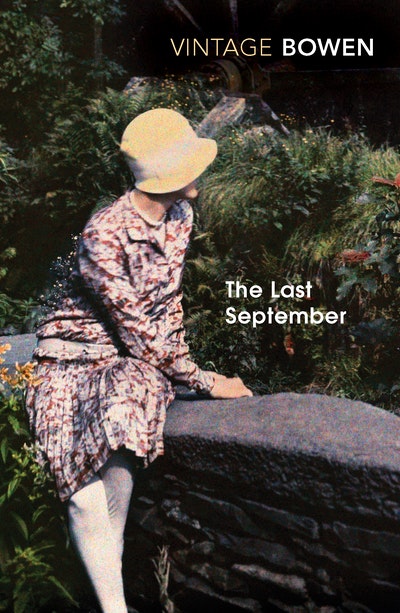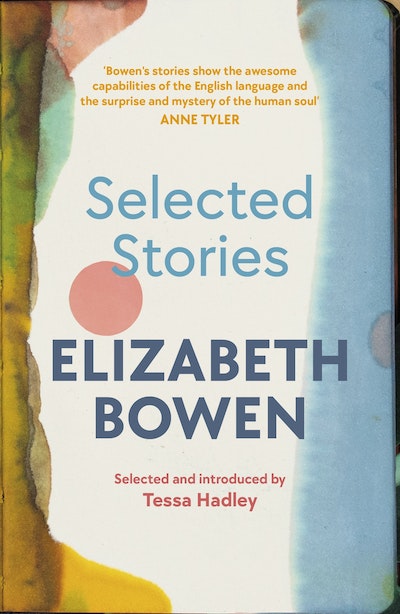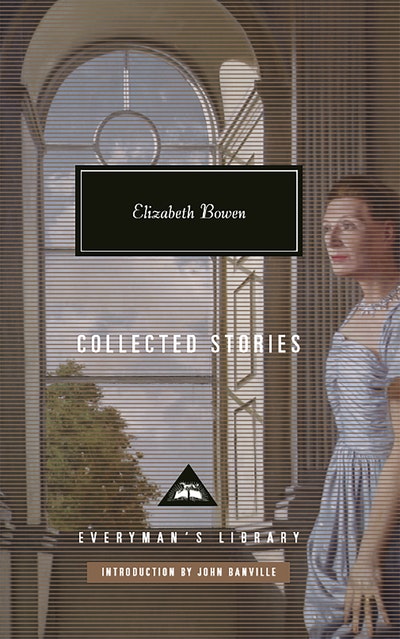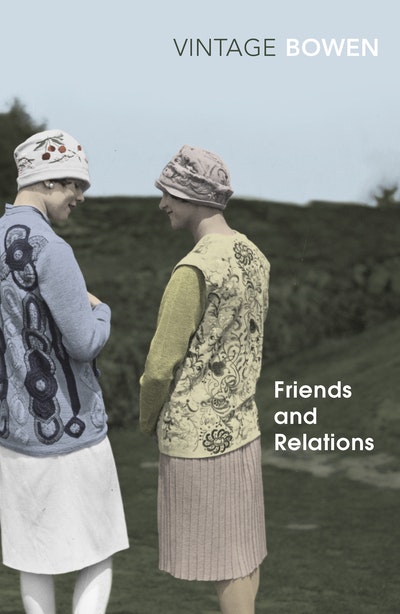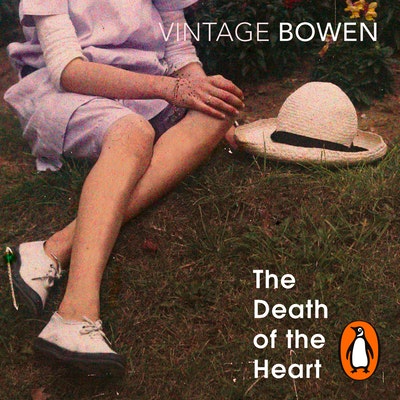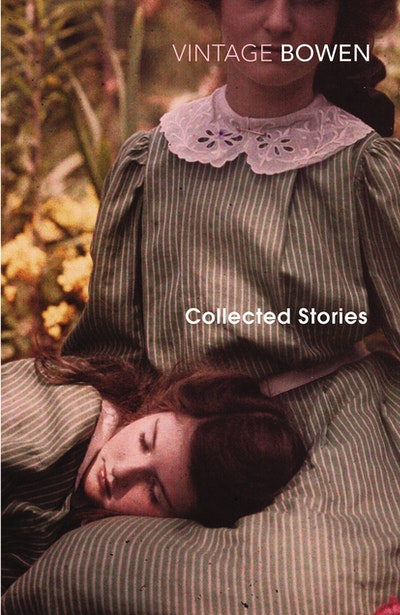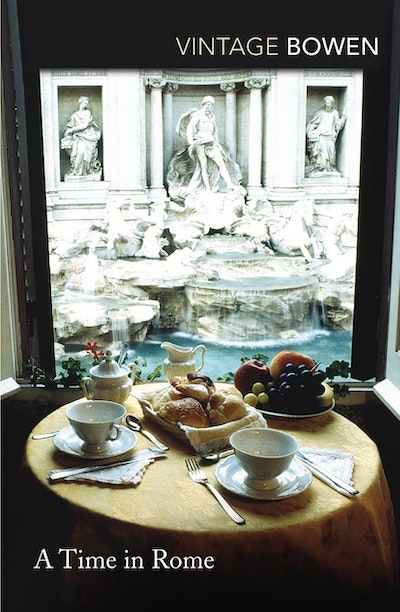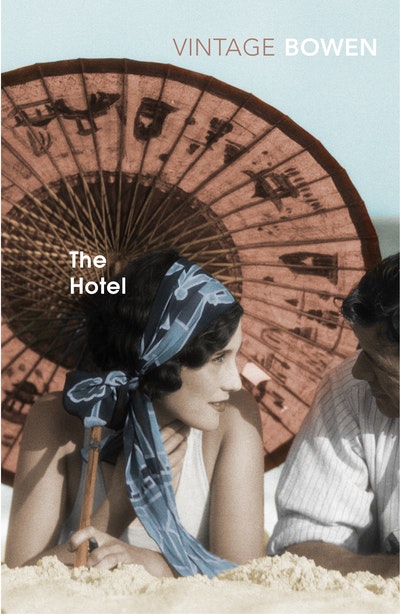- Published: 3 July 1998
- ISBN: 9780099276470
- Imprint: Vintage Classics
- Format: Paperback
- Pages: 224
- RRP: $24.99
The Last September
- Published: 3 July 1998
- ISBN: 9780099276470
- Imprint: Vintage Classics
- Format: Paperback
- Pages: 224
- RRP: $24.99
A combination of social comedy and private tragedy...brilliant description of Anglo-Irish life at the troublesome time of 1920
Times Literary Supplement
She is a major writer; her name should appear on any responsible list of the ten most important fiction writers on this side of the Atlantic this century. She is what happened after Bloomsbury...the link that connects Virginia Woolf with Iris Murdoch and Muriel Spark
Victoria Glendinning
A strongly autobiographical portrait of a lost class marking out its final moments - every garden party, every house guest and every flirtation is touched by a sense of impending extinction
Guardian
Posterity will one day return to Miss Bowen's novels as a repository of clues to the inner life of our times
Sunday Telegraph
When I read [The Last September] I was knocked out by the sheer magnificence of her writing, the cinematic possibilities, and her obsession with the minutiae and the detail of life... I was totally gripped by the story
Deborah Warner, Glasgow Herald
Like Chekhov's plays about the dying years of Russian feudalism, The Last September captures the silliness, the snobbery, the perfect manners, the determination not to show their feelings, the denial, and the ending of the way of life of Bowen's circle
Guardian
'The Last September catches the languid yet curiously valiant mode of life at the big house just as its demolition was at hand'
John Banville
A book I read only some years ago, and was astonished by its modernity, its formidable intelligence and its punk sensibility, was The Last September by Elizabeth Bowen
Sebastian Barry, Guardian
